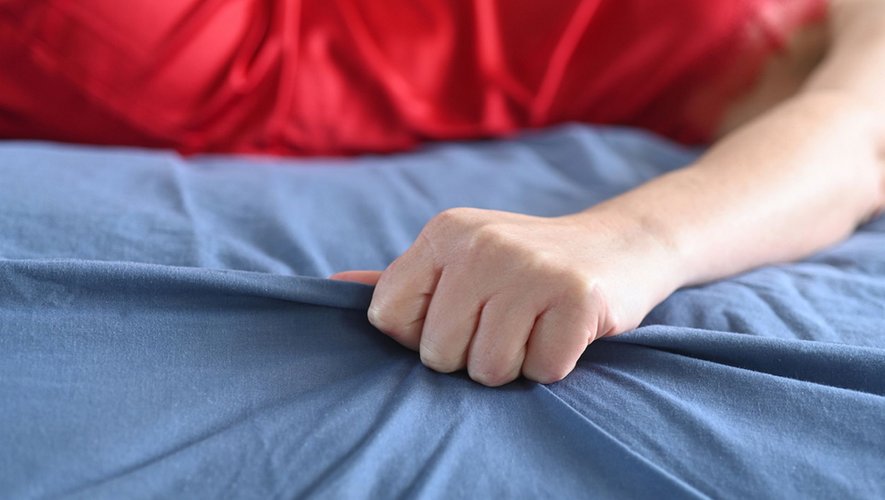Coming from the word “nymph” (which refers to deities of Greek mythology associated with nature or the labia minora of the vulva) and “mania” (madness), nymphomania always carries a pejorative meaning behind it, making it sometimes be confused with a “simple” heightened libido. “It is however a real pathology”, explains Milène Leroy, sexologist in Clermont-Ferrand who helps us to see more clearly. Interview.
How does nymphomania manifest itself?
Nymphomania manifests itself in cycles: obsession, ritualization, sexual action and despair. At first, the woman concerned will be literally invaded by her sexual thoughts. She generally experiences much deeper difficulties that lead to this subject taking over her psyche (low self-esteem, emotional insecurity, depression, etc.) and sex becomes an outlet and gives her the feeling of existing. In a second step, she sets up a strategy both bodily and psychically to achieve her ends. In a third step, the passage to the act allows the relief of the global tension, erasing the space of a moment, the initial cause(s) of the suffering. Finally, the notions of guilt, shame and disgust surface, creating a recurring feeling of dissatisfaction.
Nymphomania is often confused with a “simple” excessive libido…
In pathology, there is an idea of anxiety, of dependence on the sexual act… The strong libido is the fact of inhabiting one’s body with joy and intensity. Sexual desire, when it is experienced with the idea of sharing, of fulfillment (personal and/or as a couple), of discovery, that it is controllable… will also be a source of potential search for partners. greedy than yourself.
To differentiate the two, you have to ask yourself: is sexuality an obsession for you? Is sexual intercourse a response to a state of anxiety, depression, anger…? Do the multiplication and intensity of sexual intercourse remain unsatisfactory for you? etc
What is the origin of nymphomania?
It is estimated that the majority of people suffering from hypersexuality (we speak of satyriasis for men, editor’s note) could suffer from TOCS, hormonal overconcentration, brain dysfunction, bipolar disorders, etc… It is clear, in any case, that there is often a heavy affective deficiency, sexuality becoming a refuge to fill this gap.
Can nymphomaniacs be in a relationship?
Nymphomaniacs can live as a couple but the risk of extra-marital relations is obviously higher. An informed partner will be all the better able to help the loved one in resolving this daily struggle.
Who to talk to and what are the treatments?
The addictologist will help to understand the mechanisms of dependence, and the sexologist will allow you to find a satisfactory sexuality both physically and mentally. Alongside drug treatment, sex therapy can help work on the lack of self-esteem, which is essential.
To note : Nymphomania can sometimes be associated with other risky behaviors (consumption of alcohol, drugs, unprotected sex, etc.).

